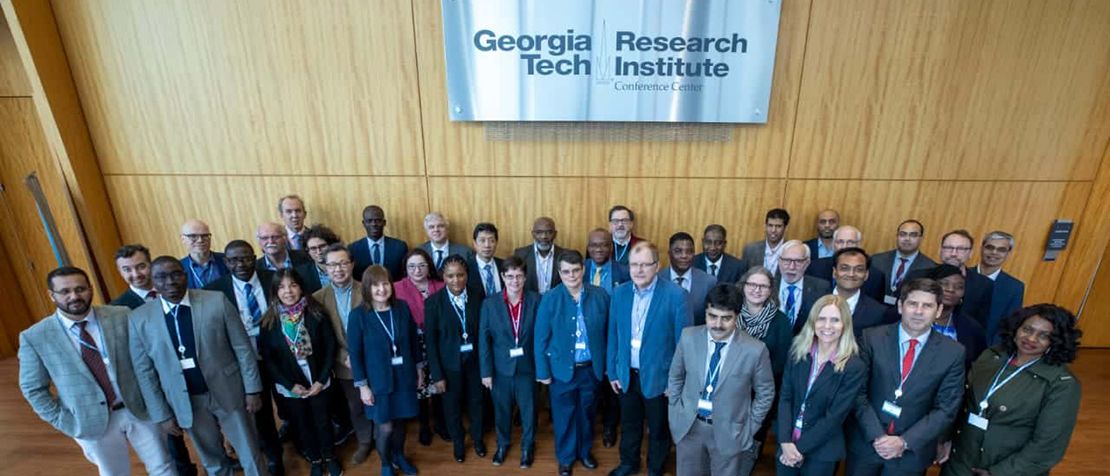
ITU-Academia Partnership Meeting highlights changing needs for digital skills
Artificial intelligence. Big data analytics. The role of universities in shaping digital transformation.
These are some of the key topics discussed at the 2nd ITU-Academia Partnership Meeting, whose theme was “developing skills for the digital era.”
The meeting, which took place in Atlanta, Georgia, USA, from 2 to 3 December, preceded ITU’s annual academic conference, Kaleidoscope. Both events were organized by ITU and hosted by the Georgia Institute of Technology (Georgia Tech).
“Institutions involved in building knowledge and developing workforce skills, such as universities, need to understand the pace and direction of changes in the education ecosystem brought about by digitalization in order for them to respond accordingly,” said Susan Teltscher, ITU’s Head of Capacity and Digital Skills Development in opening remarks.
Building human and institutional capacity is at the centre of ITU’s support to our membership. It is important that people have the opportunity to acquire relevant digital skills so that they can effectively participate and flourish in the digital economy. To this end, ITU is working towards strengthening collaboration with academic institutions in order to develop capacities and skills, and to contribute towards preparing a workforce that is fit for the digital future.
Participants concluded that the classic classroom way of teaching and learning was no longer appropriate and that new approaches to teaching at university level should be adopted.
The meeting was timely as it comes at a time when universities need to be thinking of creating education for tomorrow, said Prof Rafael L. Bras, Georgia Tech’s Provost and Executive Vice President for Academic Affairs. “Deliberate innovation and lifetime education are necessary in creating the ‘Next’ in education,” said Prof Bras.
Creating education systems fit for the digital future
A remarkable and thought-provoking keynote presentation made by Dr Max M. Louwerse, professor of Cognitive Psychology & Artificial Intelligence at Tilburg University in the Netherlands, set the scene for the event by inviting participants to think how the current education system fits into the future and how various stakeholders can collaborate in an effort to create better education systems.
RELATED: How Andela is growing tech talent in Africa: a conversation with Christina Sass
Delegates discussed and exchanged ideas over a wide range of topics, covering: the kind of skills required in the digital era; the role of universities in building capacity for the digital future; the role of universities in driving innovation; new ways of teaching and learning in the digital era; and partnerships for capacity development between ITU, universities, and industry.
Improving decision-making, streamlining bureaucracy
During the discussions, participants highlighted the need for universities to increase new course offerings to the market by improving decision-making processes and eliminating bureaucracies, especially in public, state-funded academic institutions.
The participants encouraged ITU to consider creating regional or global “think tanks” hosted by academic institutions.
In exploring the challenges of the 21st century university, participants concluded that the classic classroom way of teaching and learning was no longer appropriate and that new approaches to teaching at university level should be adopted.
Case studies that demonstrate the fruitful collaboration between universities and industry were also presented during the meeting.
The discussions and conclusions of this two-day meeting provided food for thought on the role of universities in the digital economy and how partnerships with organisations such as ITU can further strengthen the role of universities.
The participants encouraged ITU to consider creating regional or global “think tanks” hosted by academic institutions and to provide more opportunities for universities to have advisory roles in specific activities of ITU.
